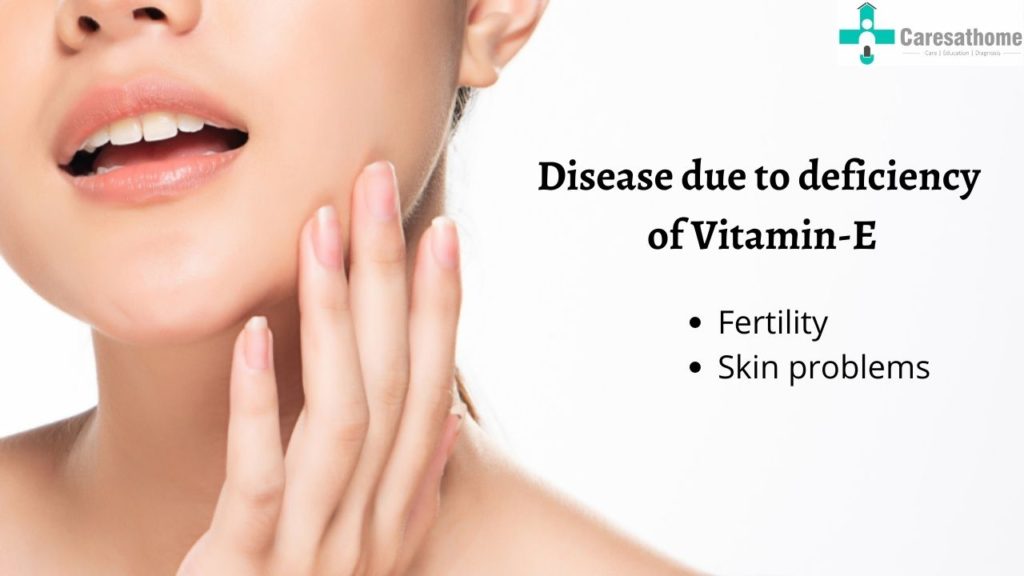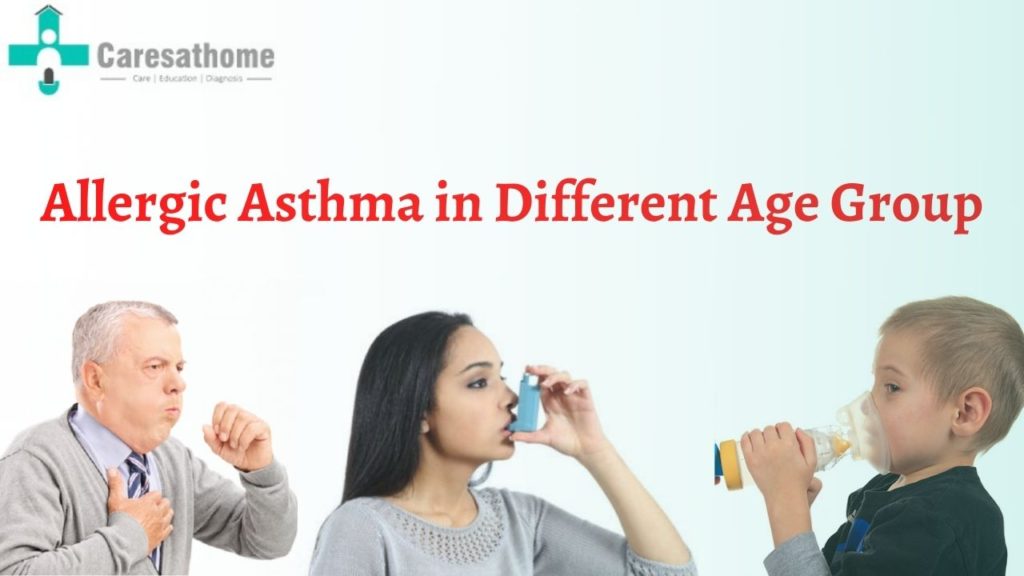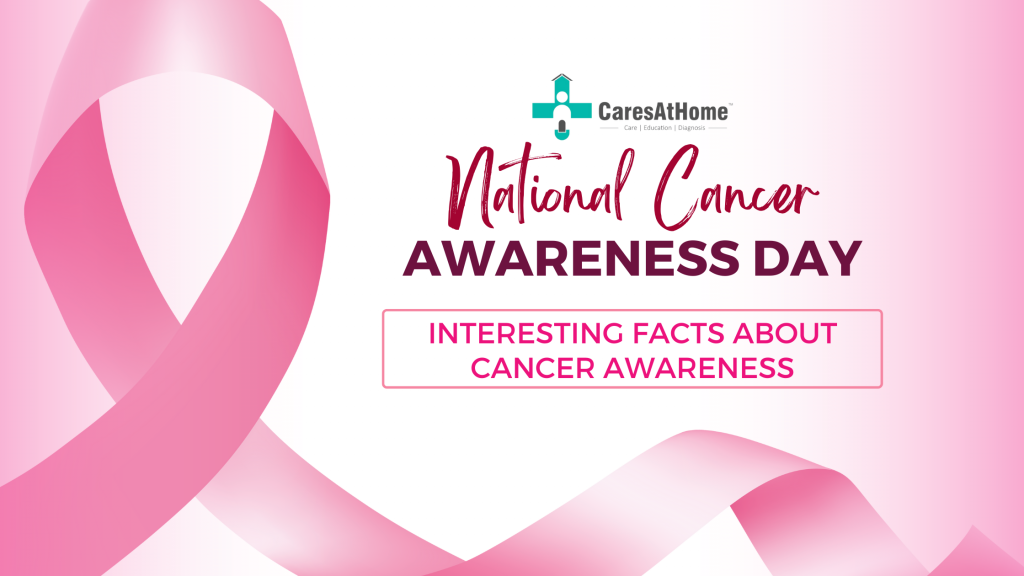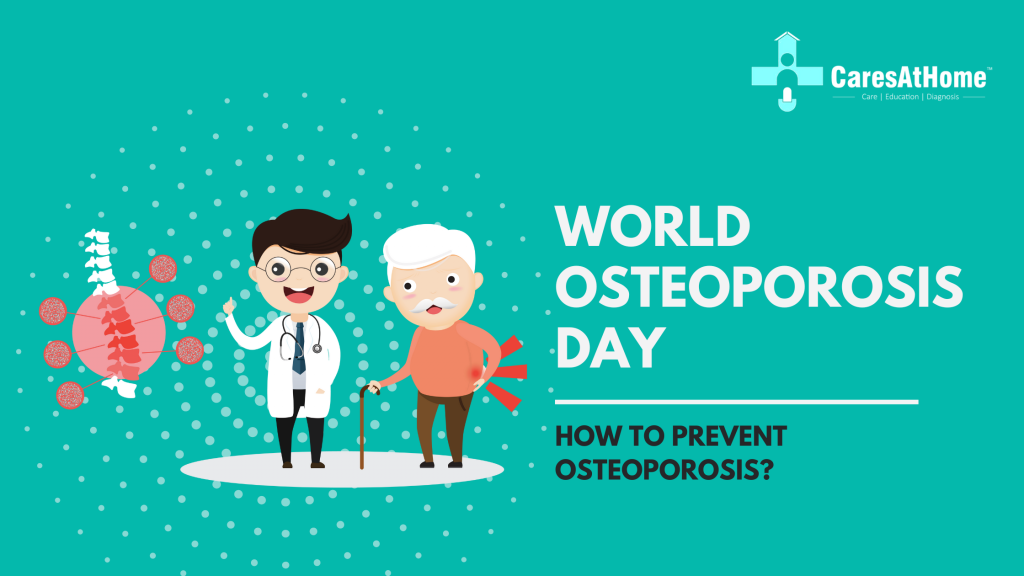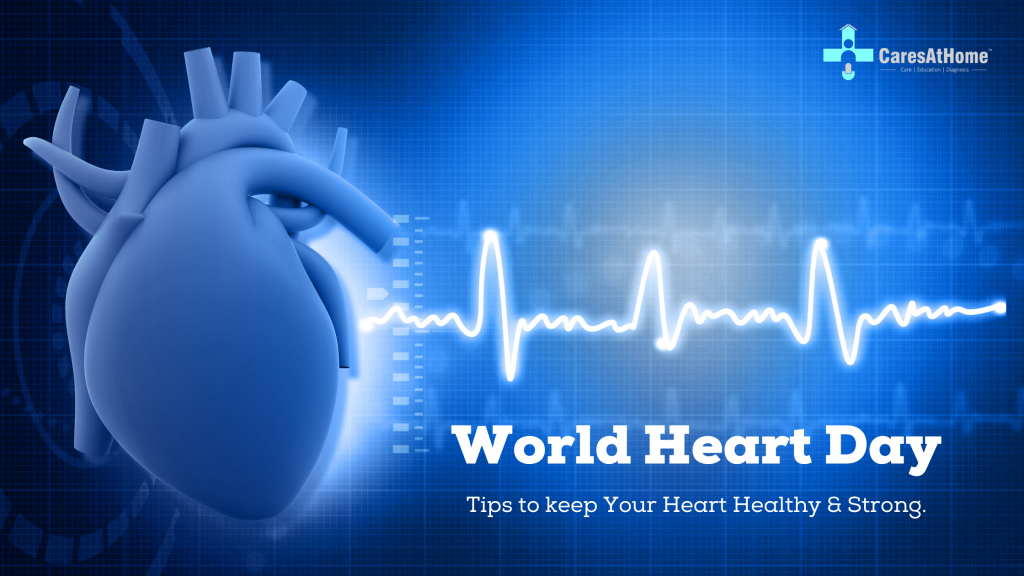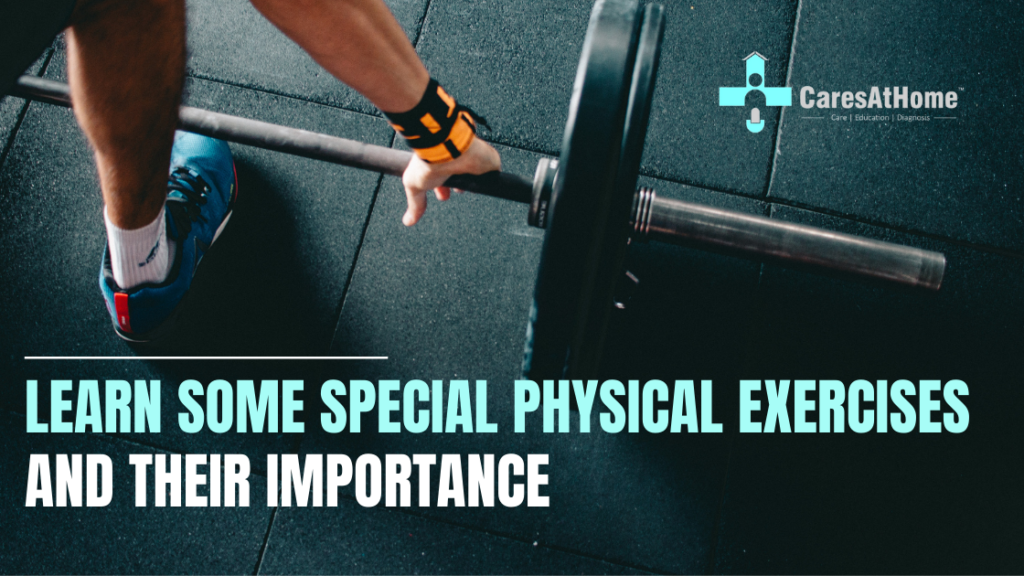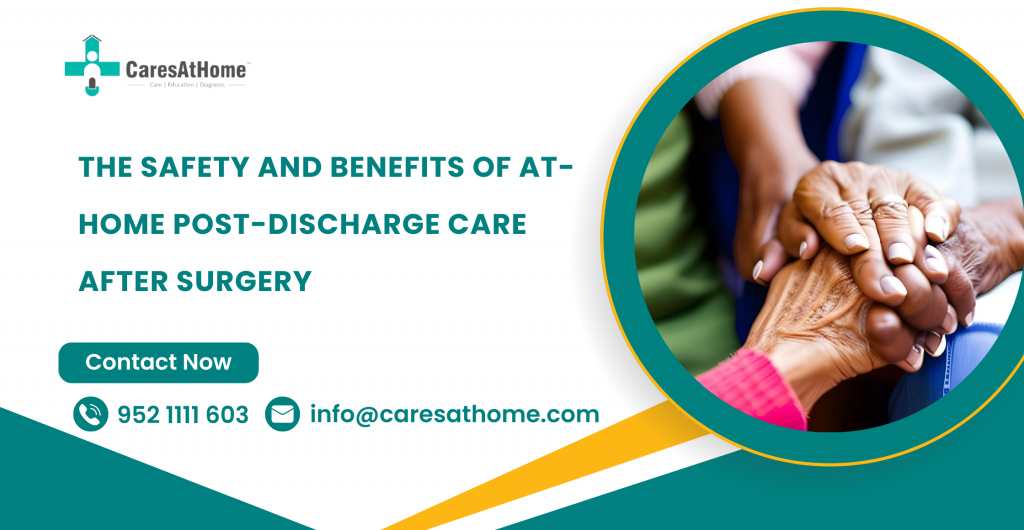Diseases and Conditions Caused by Vitamin E Deficiency
Vitamin E is a fat-soluble antioxidant that plays a critical role in protecting cells from oxidative damage, supporting immune function, and maintaining healthy skin and eyes. A deficiency in Vitamin E, though rare, can lead to several health issues, particularly affecting the nervous system, muscles, and the immune response. Here are the main diseases and conditions linked to Vitamin E
Diseases and Conditions Caused by Vitamin E Deficiency Read More »

